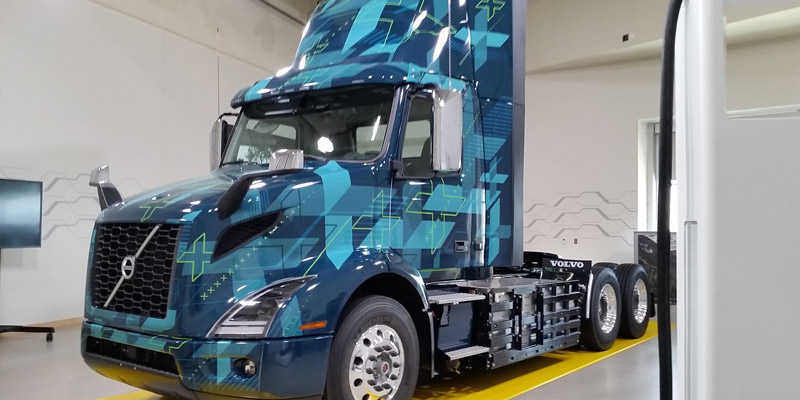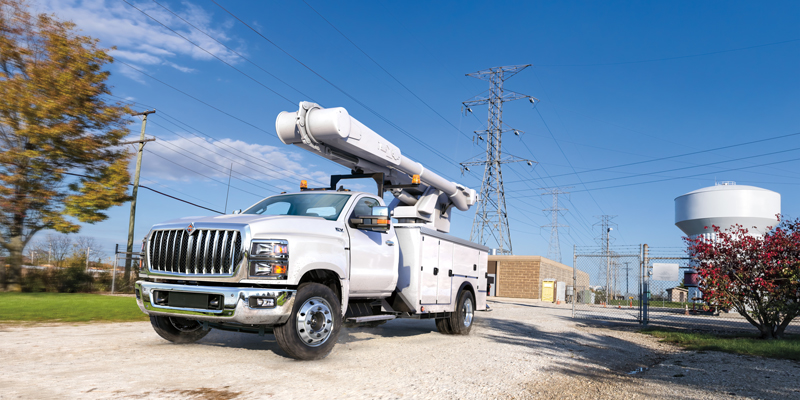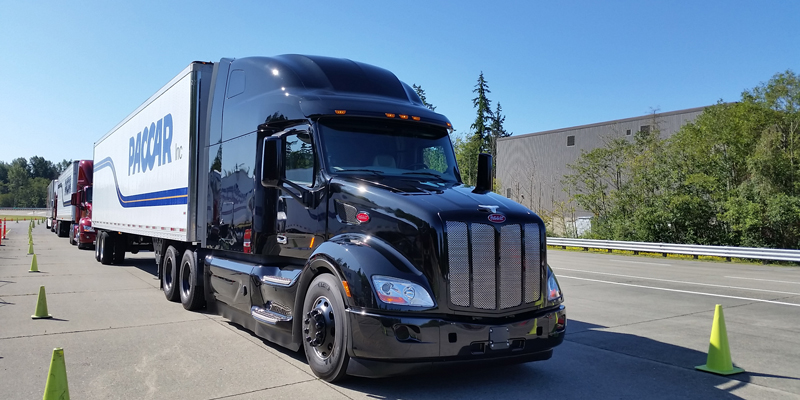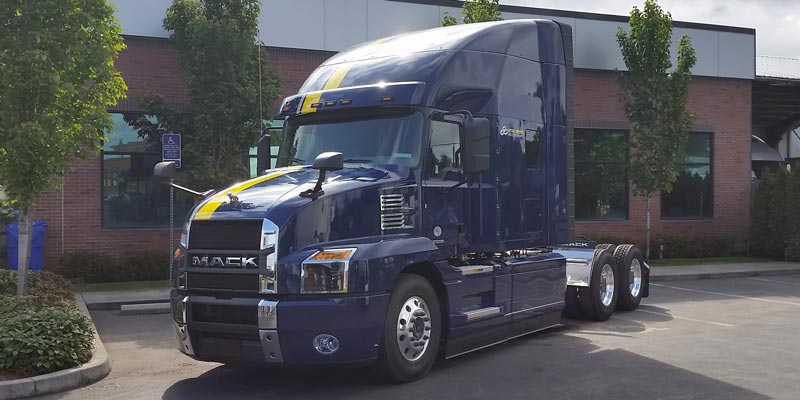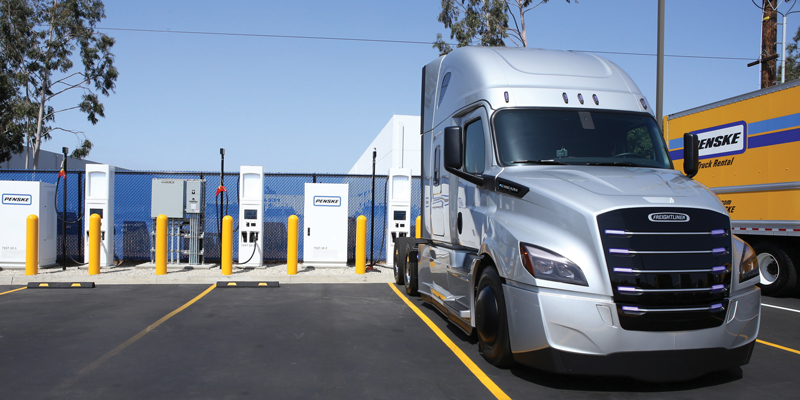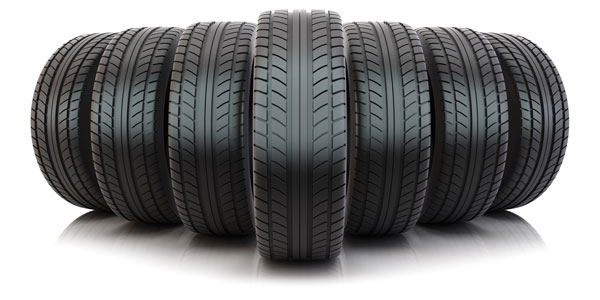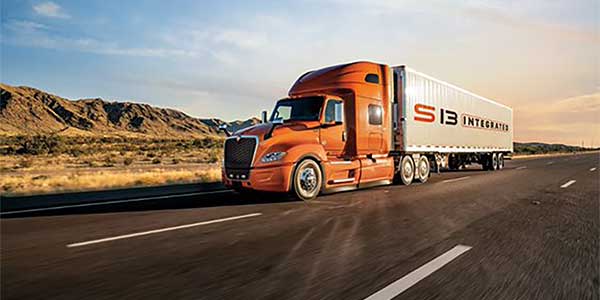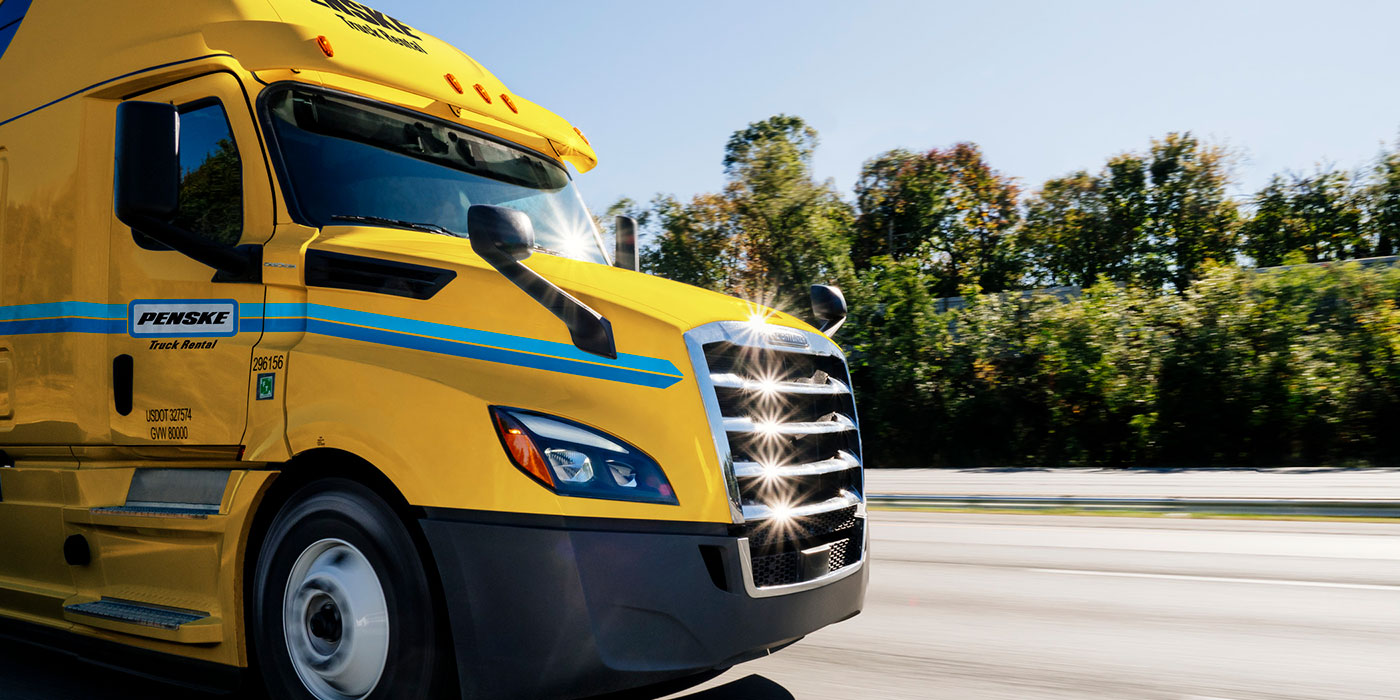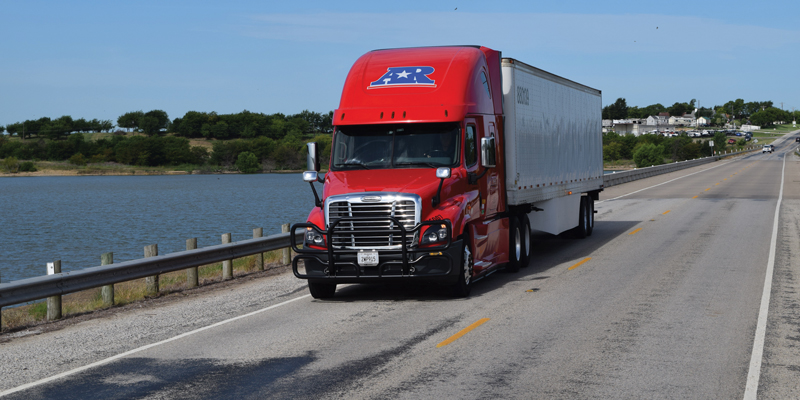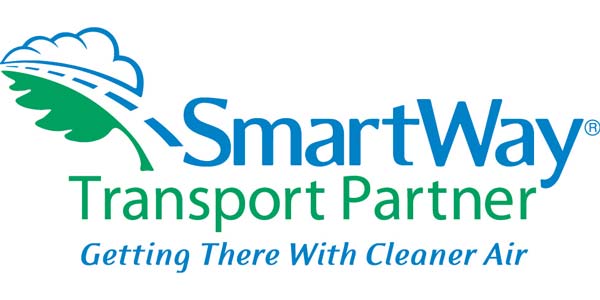For the last 20 years, various energy-related legislation and executive orders coming out of Washington have included provisions aimed at increasing the federal government’s use of alternative fuels. The most recent is Executive Order 13514 issued by the president in 2009. The order, titled “Federal Leadership in Environmental, Energy and Economic Performance,” was intended to establish a measurement-based program to hold federal agencies accountable for progress on energy objectives.
A subsequent memorandum issued last year expanded this order, saying, “We owe a responsibility to American citizens to lead by example and contribute to meeting our national goals of reducing oil imports by one-third by 2025 and putting one million advanced vehicles on the road by 2015.” Included in this memorandum is a requirement that federal agencies ensure that new contracts with outside vendors are for services that are energy efficient and environmentally desirable—a mandate that applies to carriers delivering freight to, from or between agency locations. It also requires the General Services Administration (GSA) to lead the development of recommendations for tracking and reducing emissions.
To execute this order, a workgroup chaired by GSA has been formed. SmartWay representatives have been active in this workgroup, informing its members about the SmartWay Partnership as an existing program that can be utilized by federal agencies to fulfill the mandate.
As a result of these efforts, GSA Freight Management Services has joined the SmartWay Partnership. This group essentially acts as a third-party logistics provider for other federal agencies and is now using SmartWay criteria to procure transportation services for the agencies it serves. SmartWay representatives are working to get the rest of the GSA, as well as other federal agencies, on board.
Independent of all this federal activity, the non-profit American Clean Skies Foundation (ACSF) recently issued a report urging the federal government to begin allocating its $150 billion budget for transport services to carriers that fuel their fleets on domestically-produced natural gas, electricity, biofuels and other alternatives to diesel and gasoline. The report claims a switch of just 20% of the U.S. government’s business to freight and package carriers using alternative fuels would provide taxpayer savings up to $7 billion annually and approximately $25 billion by 2025.
The ACSF report also includes an endorsement and comprehensive description of the SmartWay Partnership and its success in decreasing fuel consumption and exhaust emissions. In describing the program, the report states, “EPA’s SmartWay program aims to create incentives to improve supply-chain fuel efficiency and thereby reduce transportation-related emissions. SmartWay Transport Partners agree to assess their freight operations, calculate fuel consumption and emissions and track these measures annually. SmartWay’s accounting tools and methods are used by more than 2,900 U.S. corporations, including almost all of the large truck carriers, all Class 1 rail companies and many Fortune 500 companies.”
To get shippers that handle government business on the right course, ACSF recommends that Washington simply apply the same measurement and reporting tools developed by federal agencies over the last two decades to ratchet down petroleum use and harmful emissions associated with the government’s own transportation fleet.
Warren Lavey, co-author of the report, said, “Most people are probably unaware that the freight services that are used by the government and major product suppliers provide a 30 times larger opportunity for oil savings and emissions reductions than the cars and trucks that the government owns itself.”
Clearly, this move by the federal government brings one of the country’s largest shippers, GSA Freight Management Services, to SmartWay members, creating an increased demand for their services. This situation will most certainly grow as more federal agencies, led by the GSA workgroup, join the SmartWay Program.



